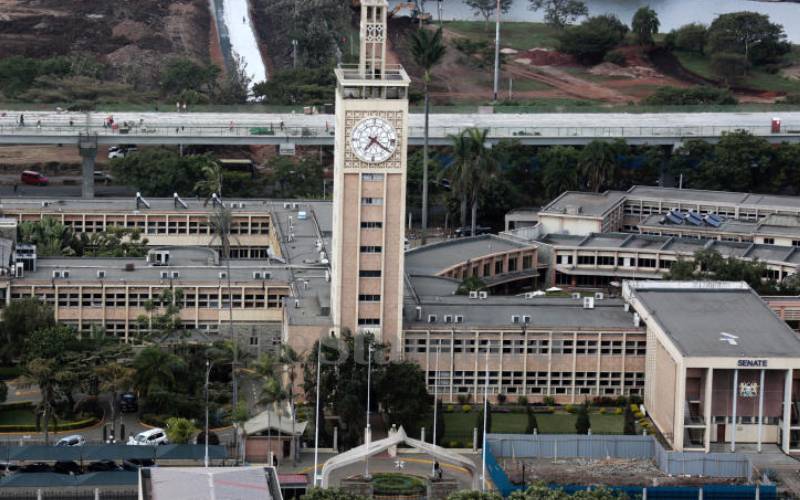×
The Standard e-Paper
Smart Minds Choose Us

As the august House adjourns ahead of the General Election, its hand in shaping the electoral process cannot be understated.
Both the National Assembly and the Senate have been instrumental in formulating, debating and objecting to laws that have shaped the electoral process with the final exercise being on August 9, which is less than two months away.